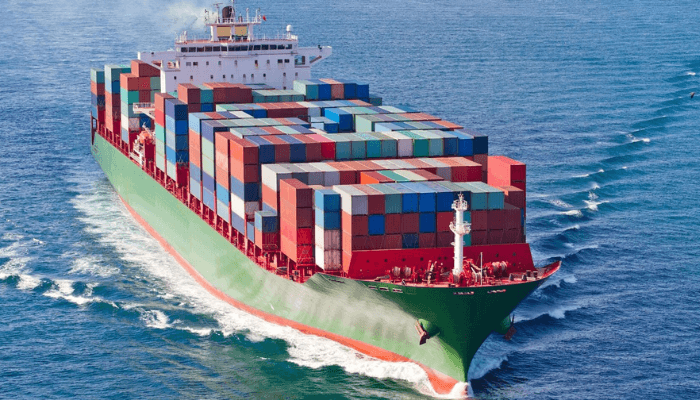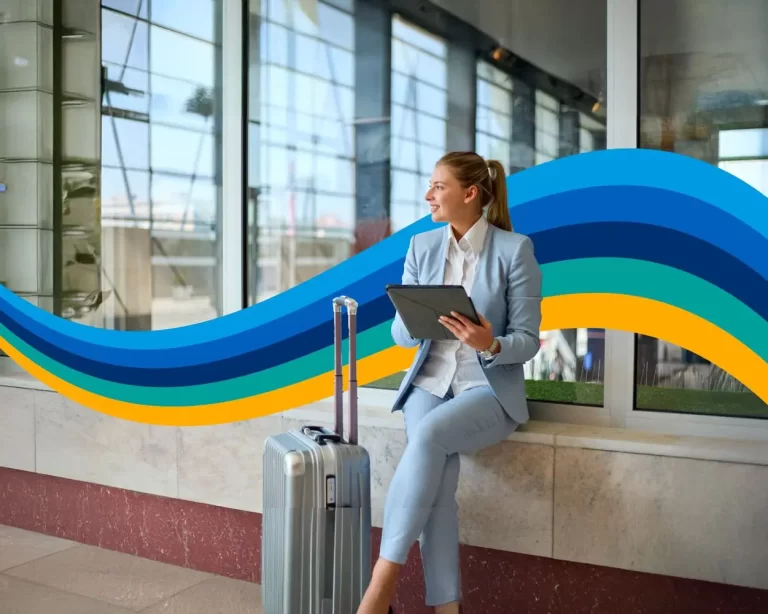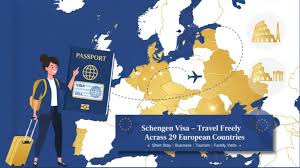
Traveling Travel
The Intersection of Travel and Technology
The world is a beautiful painting made on a canvas with the bright colours of breathtaking landscapes, diverse cultures, mysterious locations and fascinating people. With an array of exotic and alluring places to visit, every once in a while, people find themselves tying their running shoes on, packing their bags and setting out for a new adventure! The thrill of shopping for new items, writing down an entire schedule of exciting plans in a diary and rushing to pack luggage are undoubtedly some of the most delightful experiences of travelling.
The first step to prepare for a journey is to arrange personal holdings into a concise suitcase. Nowadays, everyone seems to be quite familiar with the rattling sounds of their suitcases lagging upon the elevators of an airport or a train station— a supposedly peeved but common experience shared by many. It is, however, shocking to know that the humble suitcase which was once a vessel for personal belongings has undergone a huge transformation in the present digital age.
In today’s generation where computerized articles and the virtual world is the norm, it is only natural for it to spread to the tourism industry as well. The mid – 2010s introduced people to a brand-new term: The ‘Smart Luggage’. Smart Luggage refers to suitcases or bags employed with one or more electronic components that uses technology to make travel easier and more convenient. These luggage are usually equipped with a wide range of features that make the traveller’s journey much more comfortable.
Starting from self-driving suitcases to eco-friendly luggage— the future of travel has been completely transformed through the developments of the digital era. The wide range of features covered in this multifaceted invention include GPS tracking, weight sensors, electronic locks, Bluetooth and Wi-fi connectivity and many other such beneficial factors.
‘ForwardX Robotics’, a global leader in vision based Autonomous Mobile Robot (AMR) technology, has recently developed the ‘ForwardX Ovis’— a smart suitcase with AI powered self-driving technology which is designed to follow the owner using computer vision allowing for a hands-free journey. In addition to this, it also consists of a GPS tracking device which allows for an anti-theft and anti-loss system for the luggage. The Australian luggage brand ‘July’ has also developed a carry-on with an ejectable battery including a dual USB port that helps in charging up phones and laptops in emergency situations. Not only are these smart luggage user friendly, they also prove to be quite eco-friendly as well. The spacious and multi-compartment solar charging backpack by ‘Solgaard’ is a great example of sustainable baggage which uses the sun’s energy to power its USB port.
As these new modern physical technologies present a multitude of exciting and advantageous features, it is also important to note that certain factors like cost, availability and handling can sometimes act as a significant barrier for many travellers. Due to this reason, other feasible and pocket friendly technologies like Augmented Reality (AR) travel guides and wearable articles like smart watches, VR headsets, fitness trackers or smart jewellery are often inculcated in travelling for increased convenience.
The recent tech gives the user the opportunity from playing music wirelessly anytime anywhere to even control the temperature of their water bottle with the click of their smartphone! In addition to this, security systems like RFID-blocking wallets and smart locks are improved to further safeguard the traveller and prevent unauthorized access or any unexpected theft. Nowadays, applications like Google Maps, Duolingo or Uber Eats play an immense role in tourism— whether it is to translate a foreign language in seconds or order any kind of comfort food in an unknown location!
The rise of online travel agencies also helps tourists tremendously by planning out flights/trains, accommodations and activities— all while being at a reasonable price. All-inclusive platforms and forums like YouTube assist common people in gaining more knowledge about a particular place, cuisine and its culture. It is also not uncommon to find online discussions on public forums like Facebook groups or Reddit on touring to different locations. By talking with people from around the world, these conversations plant a sense of collaboration and connection allowing for more clarity about a particular subject.
As innovative the contemporary technologies sound, people often think that it takes away from the authenticity of traveling. However, most of the times, these inventions are meant to support the travel experience of the user rather than hinder it. Through meticulous planning and design, these articles prove to be sustainable, informative, safe and accessible. Without the intersection of travel and technology, perhaps performing a simple task like booking a train ticket would prove to be burdensome and complex. However, it is now possible to do so merely by the tap of a finger on a screen from the comfort of our own homes.
The application of IT, e-commerce and computer science have significantly altered the way modern tourism is viewed today. Not only are these new inventions sustainable and easy to use, they have also helped people to personalize their interests and have made travelling much more effortless than it used to be in the past. As the world constantly keeps evolving, it is important for man to adapt to his surroundings with changing times. Even though modern science and technology have come a long way, the true magic of traveling lies in the human spirit of exploration and real-life connections that transcend the digital realm. The future of travel may be shaped by technology, but the true happiness of an unplanned itinerary and a rattling suitcase always remains nostalgic!
By: Sayani Ghosh
Write and Win: Participate in Creative writing Contest & International Essay Contest and win fabulous prizes.


